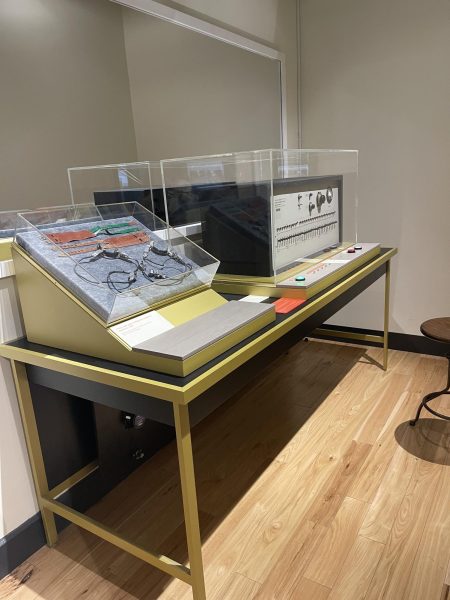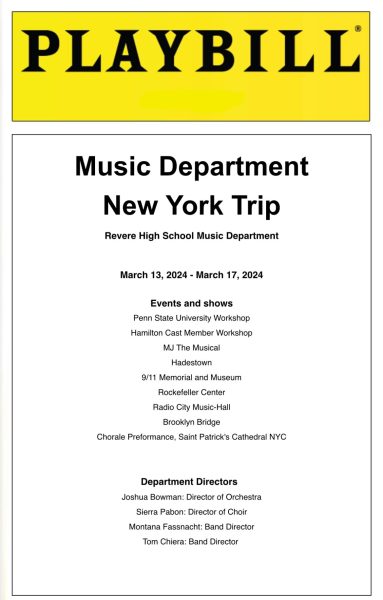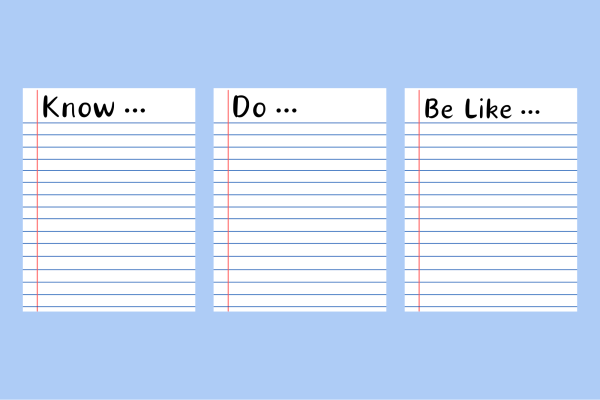Stress management improves lives of students

Everyone faces stress in his or her life at one point or another. One may start a new job and feel anxious about his or her first day, one may face a fast approaching deadline for an article (cough cough), or one may experience the stress of applying to colleges (cough cough cough).
From a student’s standpoint, deadlines, projects, social events and grades can appear insurmountable. One must balance everything thrown at him or her to try to reach the unattainable expectations of various adults. If one fails to manage the stressors in his or her life, “well-rounded” proves practically unachievable (unless one possesses the superhuman ability to run on two hours of sleep a night). I find that stress causes me to postpone my assignments to the last minute. This unbalance creates even more stress, which begins a cycle of increased stress and more late nights watching YouTube videos of puppies and kittens instead of studying.
I find physical techniques more efficient than mental ones simply because of how my brain works, but different methods will work for different people. In my opinion planning and relaxation provide the best relief in the shortest amount of time.
Planning, for me, lies in literally writing down every assignment I must accomplish each night. In middle school and my freshman year in high school, I went as far as writing down the order I planned to complete each task. Some may see that as overkill, but it worked for me. I have a more relaxed system now with the same basic principles, but I highly recommend creating a schedule or filling out a planner to map out one’s daily activities. Revere High School does provide students with planners, but one does not need to use it for everything. Filling out the calendar on one’s phone may be enough to soothe one’s nerves, or one may choose to create his or her planner with color-coded sections for each subject. If planning causes more stress than it relieves, one can also prioritize one’s schedule and give up activities that one cannot maintain within the realm of healthy living; the approach one uses depends on his or her preference.
I call the second half of my anti-stress protocol “forced relaxation.” When I begin to notice signs of extreme stress, I force myself to stop my current task and take deep breaths. One can focus on a certain number of deep breaths before continuing his or her task, use an app to track his or her breathing and heart rate, or simply google “breathing exercise” to find a one-minute guided exercise.Some apps for relaxation and managing stress include Pacifica, Headspace, and various yoga and coloring apps. In class use stress balls or stretches while sitting at one’s desk to keep calm.
Students have heard this type of message countless times, but please remember that you do not have to face stressful situations alone. It stands to reason that a student may have a panic attack at school (some signs include shortness of breath, feeling a loss of control and feeling weak, faint or dizzy). If one needs to step out of class, he or she can ask to go to the guidance office or Mr. Faris’s office to take a break from his or her worries. A student should know where they have safe spaces and different outlets for his or her stress. If an emergency arises after school hours, contact resources like the Crisis Call Center (1-800-273-8255) and the Crisis Text Line (text “start” to 741-741) immediately.







